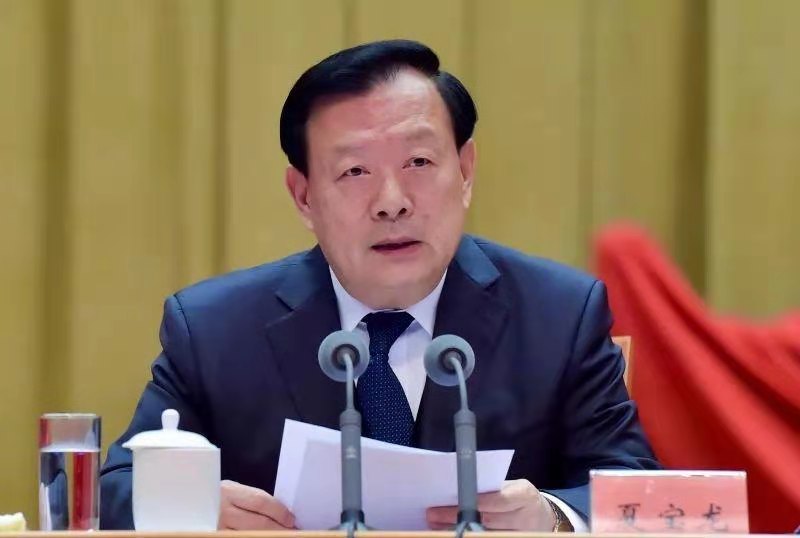Newsom’s $2.8 Billion Medi-Cal Bailout Sparks Outrage Over Soaring Costs for Illegal Immigrant Healthcare
California Governor Gavin Newsom is facing renewed political backlash after approving a $2.8 billion bailout to rescue the state’s financially strained Medi-Cal program, largely due to the skyrocketing cost of providing free healthcare to illegal immigrants. Critics say the state’s budget crisis is deepening as basic services are being sacrificed for ideologically driven policies.
Ballooning Costs and Mounting Deficits
The expansion of Medi-Cal to 1.6 million illegal immigrants was originally estimated to cost $6 billion in the 2024–2025 fiscal year. But new budget estimates put the price at $8.4 billion this year, with an additional $7.4 billion next year, according to state finance officials.
With 15 million total Medi-Cal enrollees, roughly 1 in 10 are now illegal immigrants—a burden that critics say the state cannot afford, especially amid its broader $100 billion projected budget shortfall over the next two years.
“Legal Residents Come Second”
Senate Minority Leader Brian Jones (R-CA) blasted the decision:
“Senate Democrats just rubber-stamped another $3 BILLION for Newsom’s free healthcare for illegal immigrants—on top of the $9.5 billion already spent. Meanwhile, healthcare access is plummeting. Wait times are growing. Democrats have made their choice: legal residents come second.”
Jones also demanded that the state immediately halt new enrollments of illegal immigrants in Medi-Cal and reevaluate the program’s sustainability:
“If we hadn’t spent nearly $10 billion on free healthcare for illegal immigrants, would Medi-Cal be in crisis at all?”
General Fund Loan and Economic Fallout
Newsom has requested a $3.4 billion loan from the state’s General Fund to cover $6.2 billion in overdue Medi-Cal costs, a temporary patch that experts warn may lead to further cuts to essential services.
The California Department of Finance admitted that the expansion has caused “serious budgetary strain,” and that long-term projections were dramatically underestimated. Middle-class residents and taxpayers, many argue, are now paying the price through reduced access, longer wait times, and degraded healthcare quality.
Global Tensions: China Responds to Vance and U.S. Policy
Meanwhile, the broader geopolitical context surrounding these domestic debates intensified this week as Chinese officials lashed out at the Trump administration, particularly Vice President J.D. Vance, over recent comments highlighting America’s economic dependence on Beijing.
Speaking at a Fox News interview, Vance criticized global supply chains and the U.S.’s reliance on foreign labor:
“We borrow money from Chinese peasants to buy the things those Chinese peasants manufacture.”
China’s Foreign Ministry fired back through spokesperson Lin Jian, calling the remarks “ignorant and disrespectful.” Chinese diplomat Xia Ming followed with a scathing attack:
“Let those peasants in the United States suffer in front of the 5,000 years of Chinese civilization.”
He added:
“The Chinese people do not cause trouble, nor are they afraid of trouble. Pressure, threats and blackmail are not the right way to deal with China.”
The Chinese Embassy in Argentina also responded to Treasury Secretary Scott Bessent’s comments about “rapacious” Chinese debt diplomacy in Latin America:
“We advise the U.S. to adjust its mindset, instead of spending time repeatedly smearing and attacking China, meddling in the foreign cooperation of regional countries.”
The Bottom Line
As California faces crippling healthcare costs, internal chaos is being compounded by external pressure from foreign adversaries, underscoring the stakes of U.S. economic and immigration policy. Governor Newsom’s bailout decision may prove politically costly as voters question whether prioritizing illegal immigrants over citizens is sustainable—or morally defensible—in the long term.

